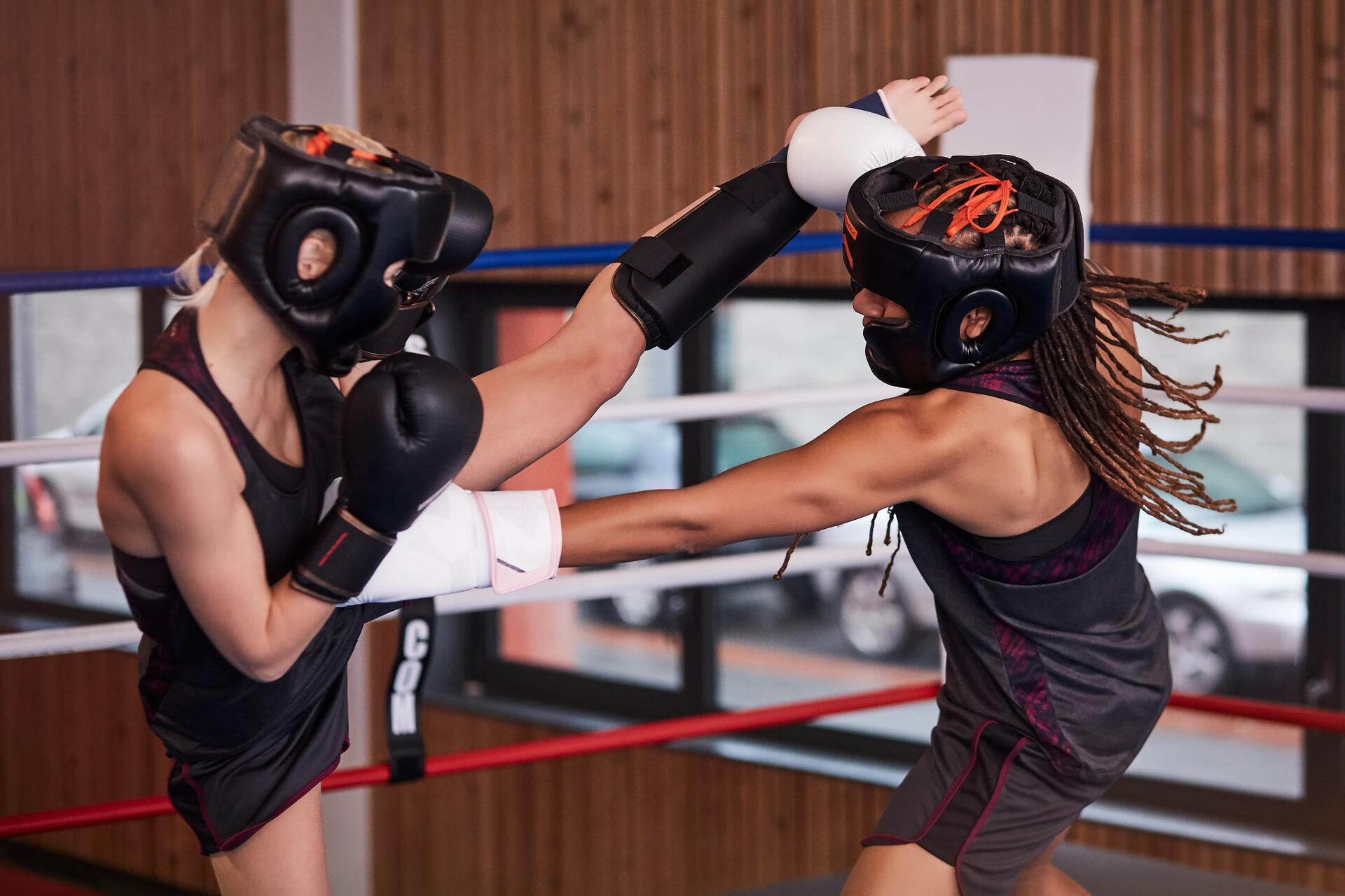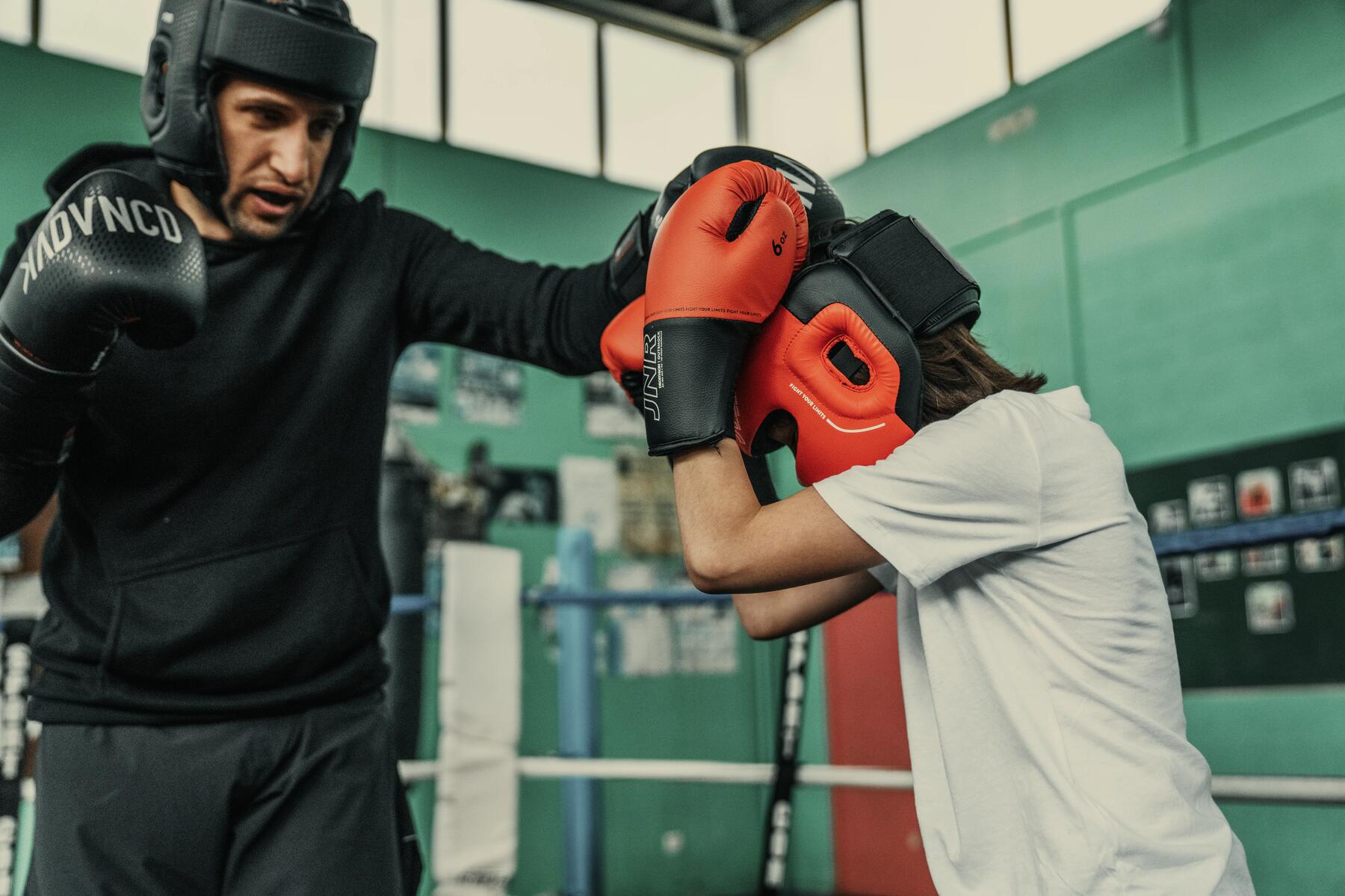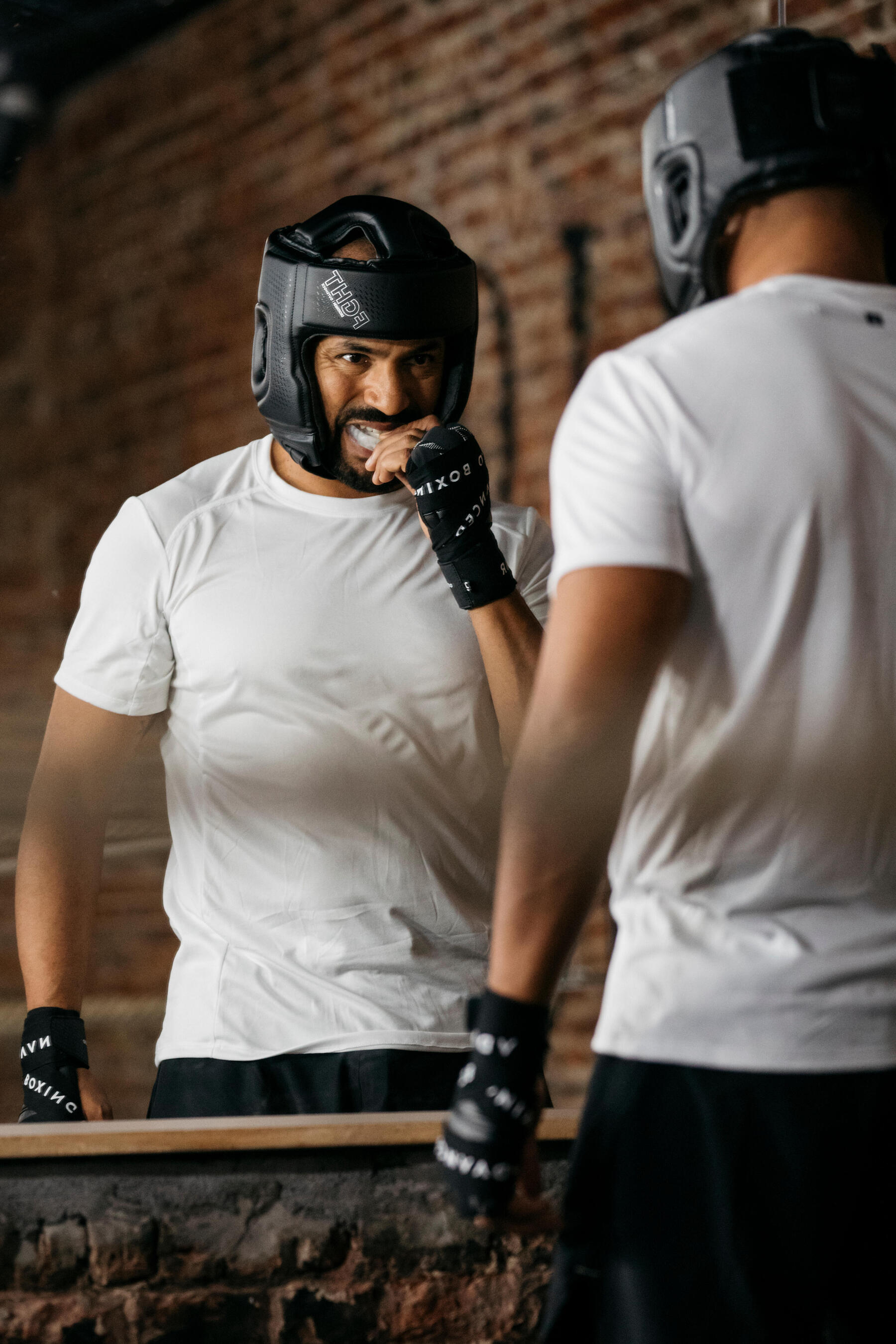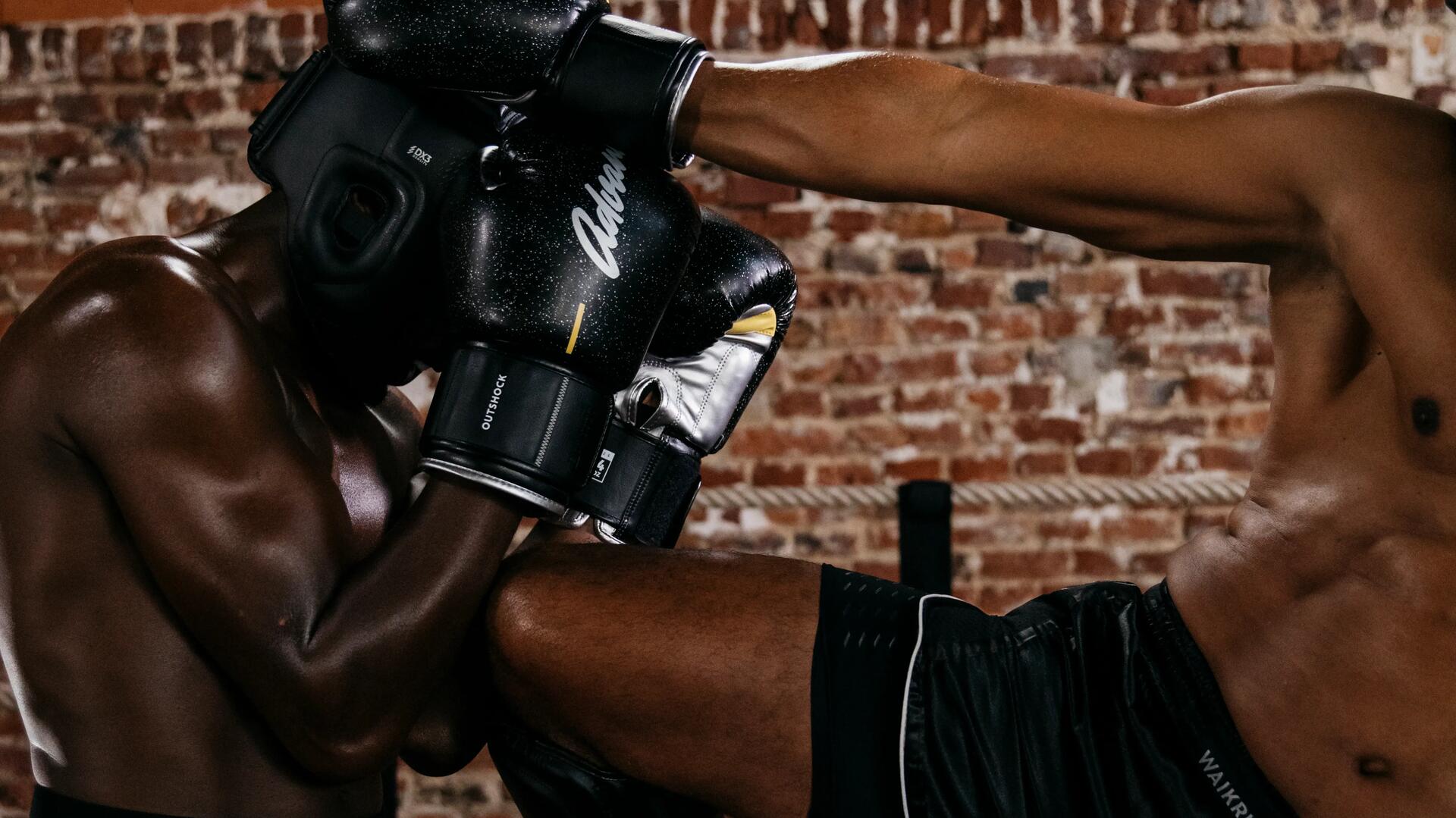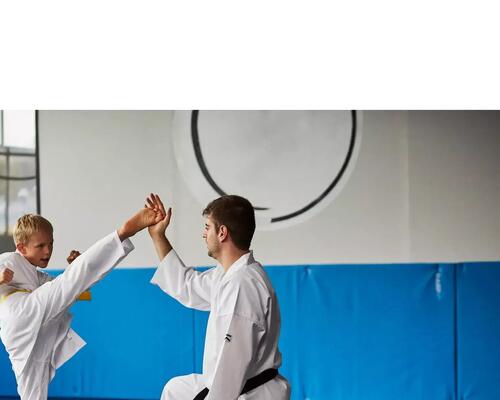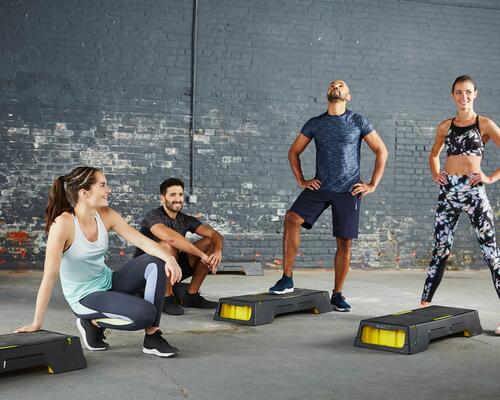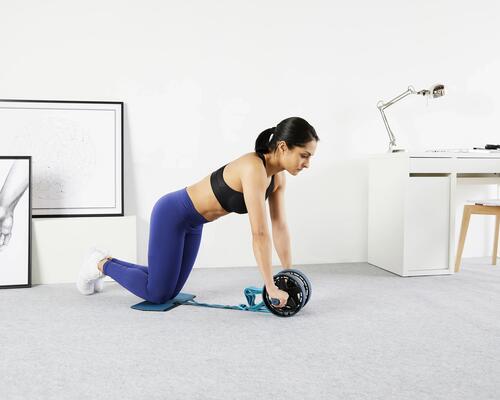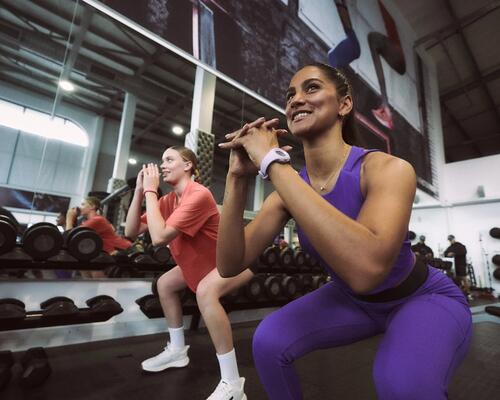Everyone is afraid of getting hit
A boxer will tell you fear is one of the reasons why they train. When stepping into the ring, things can get serious very fast. You need to know what you’re doing: how should you react to an attack or your opponent’s footwork? To conquer your fear, build up confidence, and truly enjoy boxing, you have to learn the ropes. Training and practice make all the difference.
